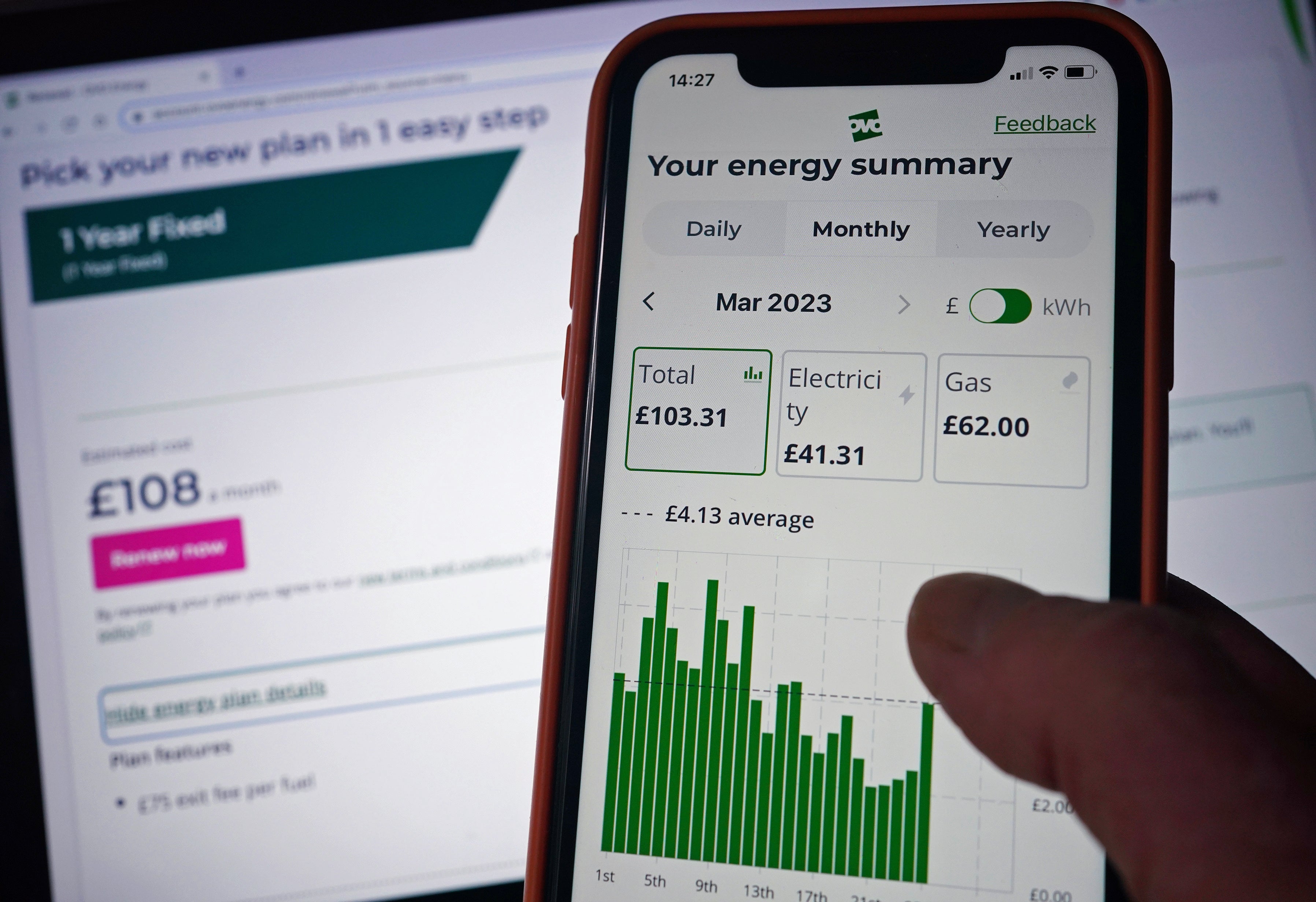Over a million families with children under 16 will face fuel poverty this Christmas, according to new analysis.
Analysis of government statistics shows that 17.6 per cent of households with children under 16 are struggling to heat their homes - compared to 13 per cent of all households in 2023.
West Midlands and Yorkshire and the Humber were the regions worst impacted by fuel poverty, according to the analysis carried out by the Liberal Democrats.
In 2023, 36.4 per cent of households, or 8.91 million people, spent more than 10 per cent of their income - after housing costs - on energy bills. This was up nine per cent on the year before.
Global prices for gas, electricity, and oil jumped in summer 2021 following the pandemic lockdowns. The energy price cap from October to December 2024 has been set at £1,717 - 41 per cent higher than in winter 2021/22.
And it will rise further in January to £1,738. The latest figures for 2023 show there are 1.08 million fuel-poor households with childen aged 15 or under in England, according to the analysis.
Families with disabled children are often the worst impacted by high energy bills, as parents need to use more electricity to cater to their child’s needs.
Mother-of-four Isoken, 49, who looks after her 19-year-old autistic son Kelly along with his three younger siblings who are 17, 16 and 15, said her family’s biggest outgoing costs are food and electricity.
“I wash his clothes three to four times in a week. He is always dropping things on his clothes and, for him, once he has worn his clothes he will not wear it again,” she told The Independent.
“He can perfectly dress himself but I have to get the right clothes for the weather for him. Using the tumble dryer is also an extra cost, but we do so much washing that if we don’t use the tumble dryer then there will be clothes everywhere in the house.”
Isoken, who works part-time as a teaching assistant has been supported by the charity Family Fund so she can buy things the family would otherwise not be able to afford - such as a fridge freezer, a tumble dryer and an iPad for her son.
Alana*, a mother to two twin boys Joshua and Hughie, who are nursery-age, puts a lot of lights on in the house over winter as Joshua is visually impaired.
“As Josh can see lights or shadows, I always keep the lights bright in the house for him, but it adds to the electricity bill,” she explained. “The house needs lots of daylight light, as that’s the best way to enhance his vision. He’s also on the floor all the time so I need to keep the house clean and warm for him as well.”
Alana receives housing benefit and child disability payment, and said she is just about financially better off in work. She has also been given electronics by Family Fund for Joshua to play with.
Speaking about her biggest outgoing costs, she said: “I think the utilities are the most pressing concern and also the cost of petrol - they’re variable but you can’t not use it.”

Liberal Democrat energy spokesperson Pippa Heylings said it was “shameful” that over a million families with children faced fuel poverty this Christmas.
She added: “The former Conservative govenrment’s appalling legacy has left people with sky-high energy bills and leaky homes.
“This cannot continue, every family deserves a warm safe home.”
The Lib Dems are calling for an emergency home insullation programme, to provide free insulation and heat pumps for low-income households.
A Government spokesperson said: “We are doing everything possible to support vulnerable families this winter - including through the £150 Warm Home Discount, expected to support three million eligible households, and our Warm Homes Plan, which will benefit up to 300,000 households with upgrades next year, making them cheaper and cleaner to run.
“Over one million households are set to be lifted out of fuel poverty through our plans for the biggest potential boost to home energy standards in history.
“The Child Poverty Taskforce will explore all available levers to drive forward improvements, in the short and long-term, to reduce child poverty, including in areas such as fuel poverty.”
*Name has been changed to maintain anonymity.







